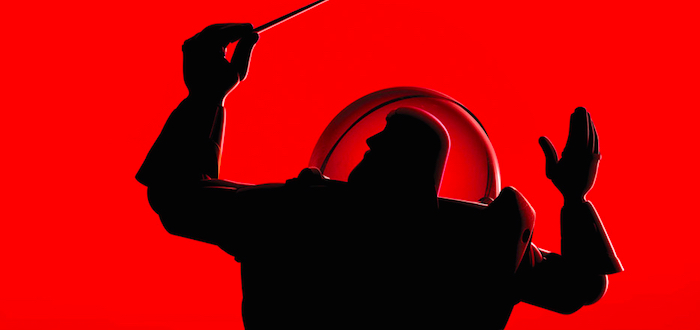
Most of our lives have been touched by Disney Pixar movies. Ed Catmull shares how their team innovated to develop some of the most creative projects of our time in Creativity Inc. Here are some of our favorite quotes from the book:
This is the nature of management. Decisions are made, usually for good reasons, which in turn prompt other decisions. So when problems arise – as they always do – disentangling them is not as simple as correcting the original error. Often finding a solution is a multi-step endeavor. There is the problem you know you are trying to solve . . . and then there are all the other problems.
When faced with a challenge, get smarter.
The responsibility for finding and fixing problems should be assigned to every employee, from the most senior manager to the lowliest person on the production line.
Anyone should be able to talk to anyone else, at any level, at any time, without fear of reprimand. Communication would no longer have to go through hierarchical channels.
Getting the team right is the necessary precursor to getting the ideas right.
Ideas come from people. Therefore, people are more important than ideas.
Find, develop, and support good people, and they in turn will find, develop, and own good ideas.
To ensure quality, then excellence must be an earned word, attributed by others to us, not proclaimed by us about ourselves.
Quality is the best business plan.
A hallmark of a healthy creative culture is that people feel free to share ideas, opinions, and criticisms. Lack of candor, if unchecked, ultimately leads to dysfunction.
Try to create an environment where people want to hear each other’s notes even when those notes are challenging, and where everyone has a vested interest in one another’s success.
The goal is to uncouple fear and failure – to create an environment in which making mistakes doesn’t strike terror into your employees’ hearts.
Part of our job is to protect the new from people who don’t understand that in order for greatness to emerge, there must be phases of not-so-greatness.
In a healthy culture, all constituencies recognize the importance of balancing competing desires – they want to be heard, but they don’t have to win.
Managers of creative enterprises must hold lightly to goals and firmly to intentions.
Negative feedback may be fun, but it’s far less brave than endorsing something unproven and providing room for it to grow.
Managers do not need to work hard to protect established ideas or ways of doing business. The system is tilted to favor the incumbent. The challenger needs support to find its footing. And protection of the new – of the future, not the past – must be a conscious effort.
The past should be our teacher, not our master.
Measure what you can, evaluate what you measure, and appreciate that you cannot measure the vast majority of what you do.
